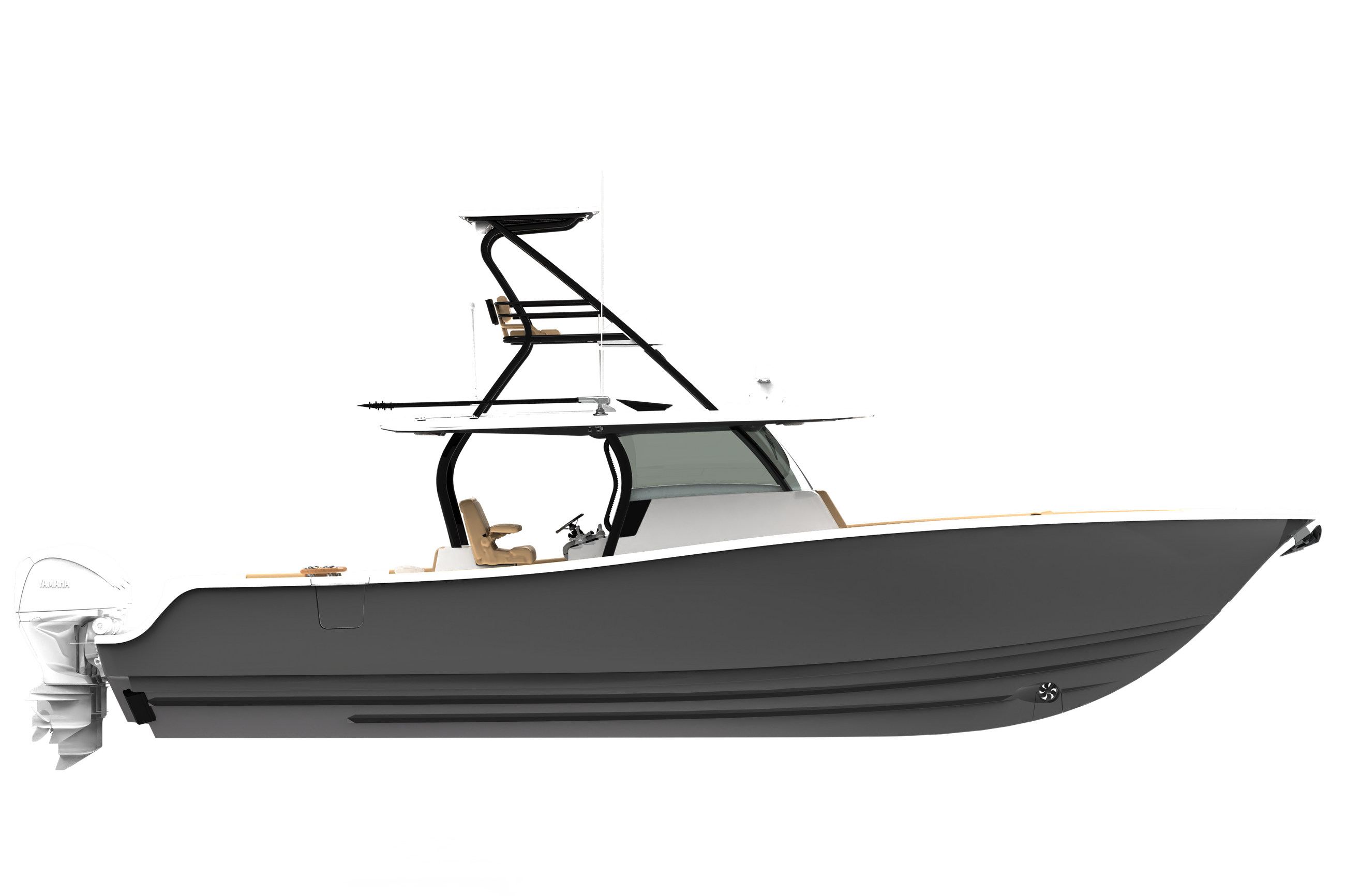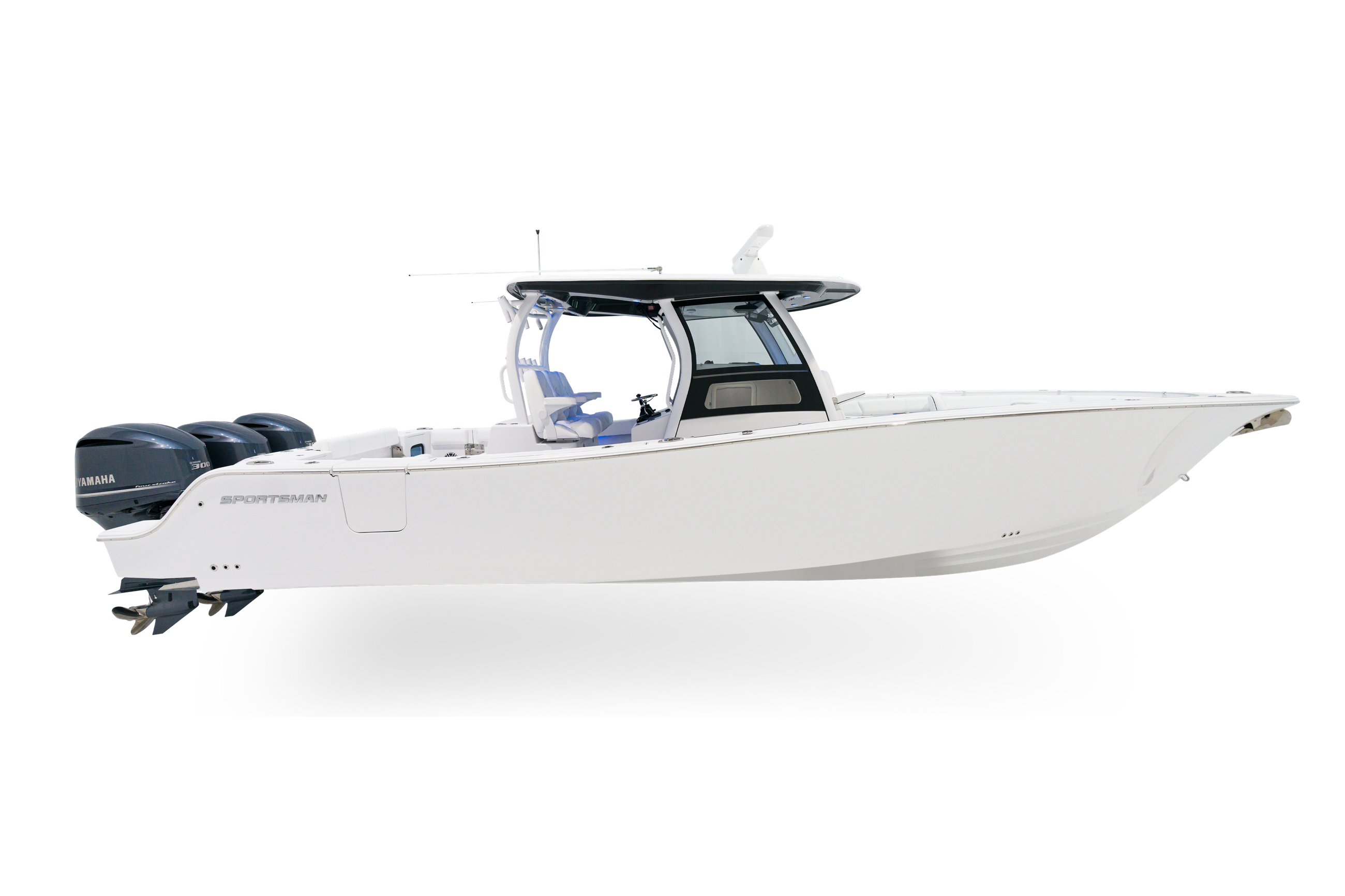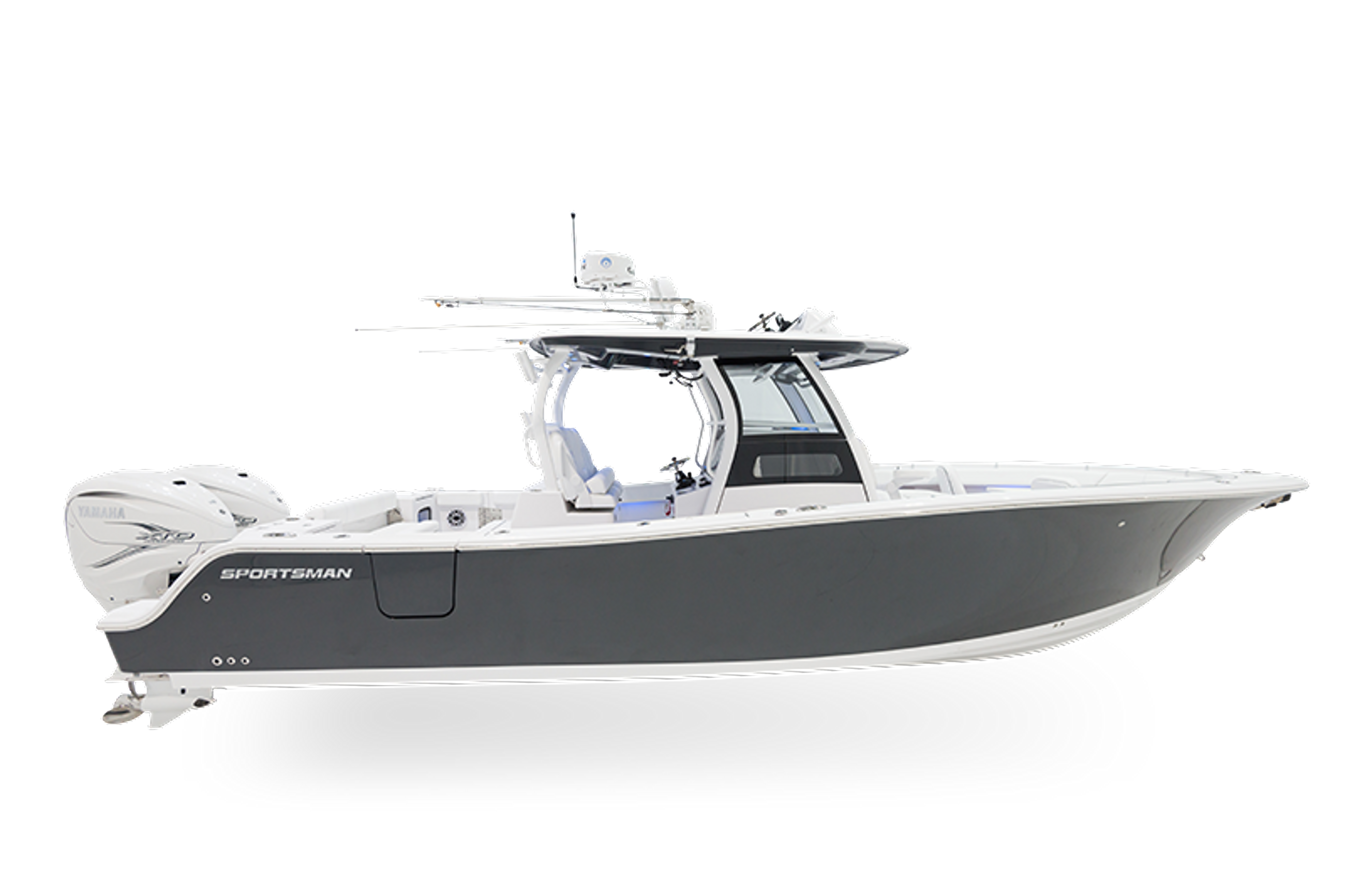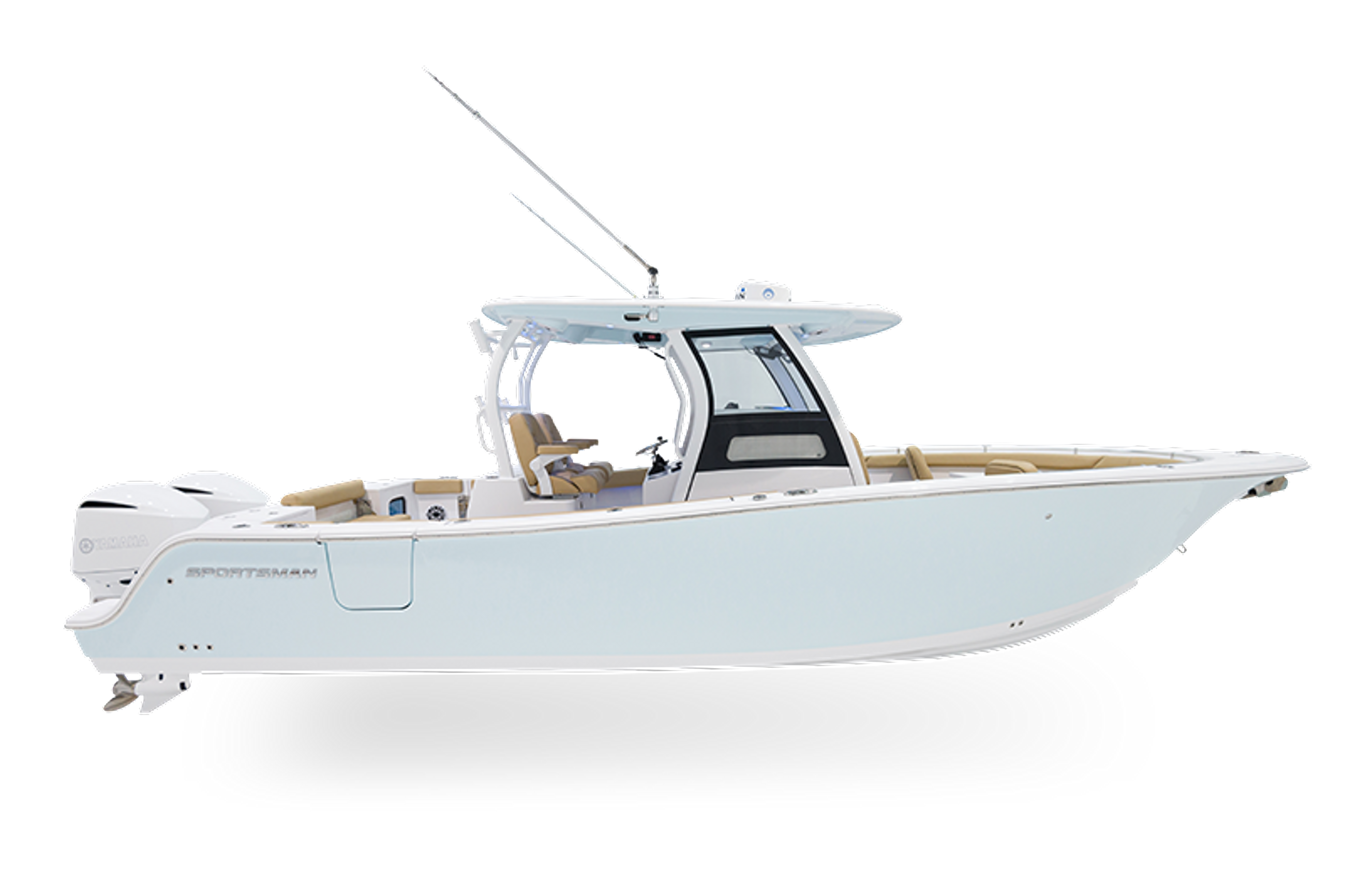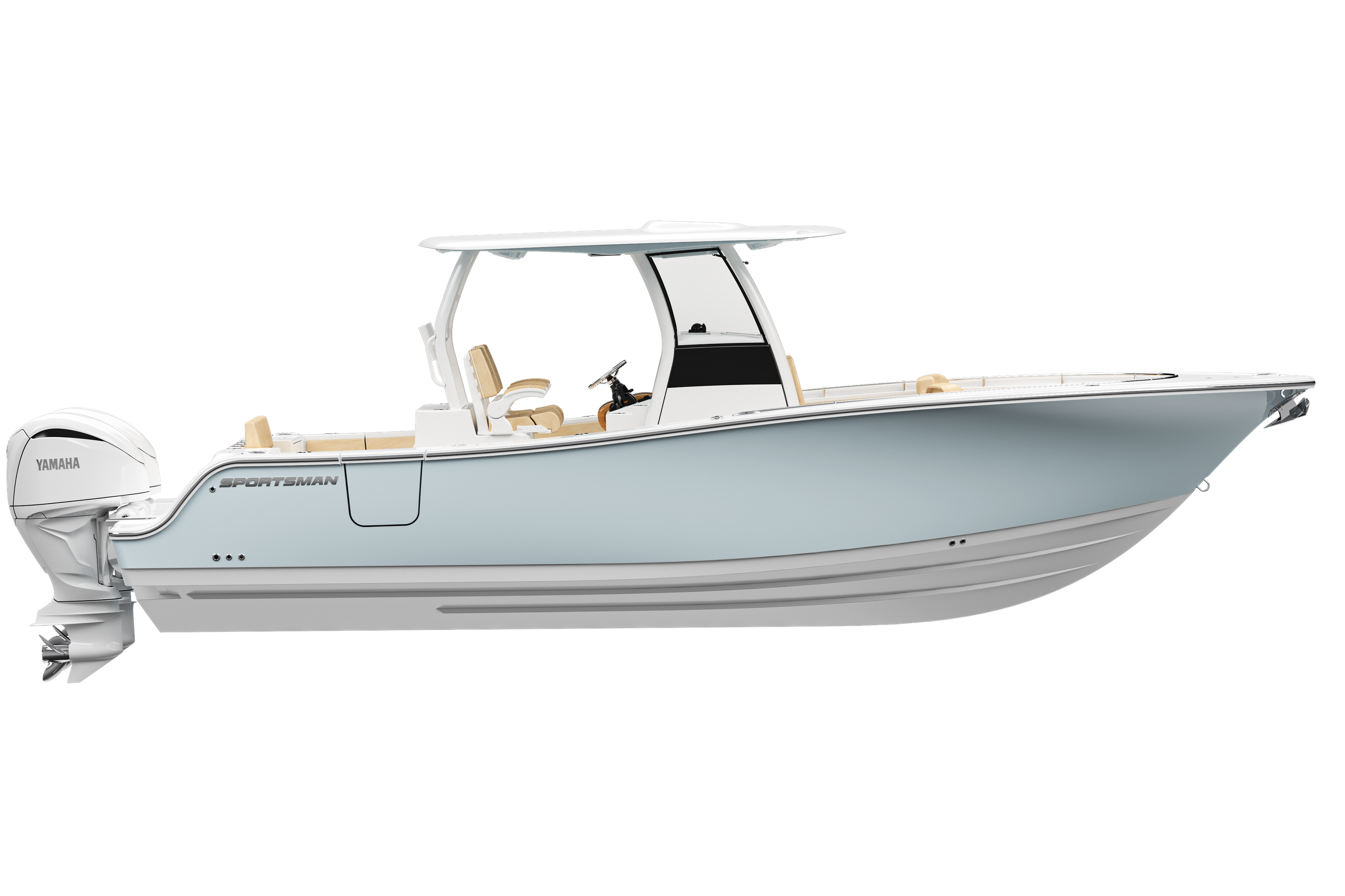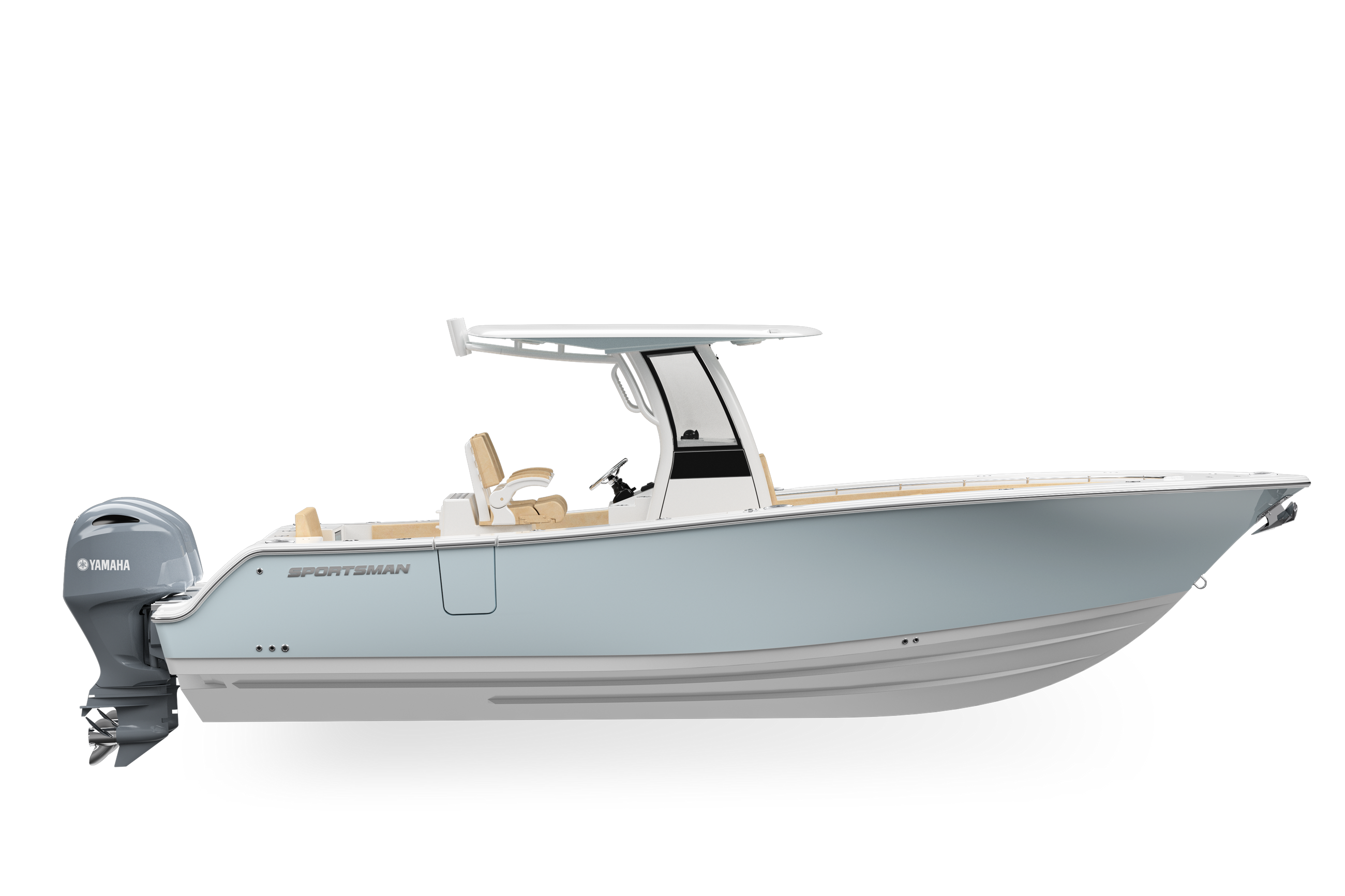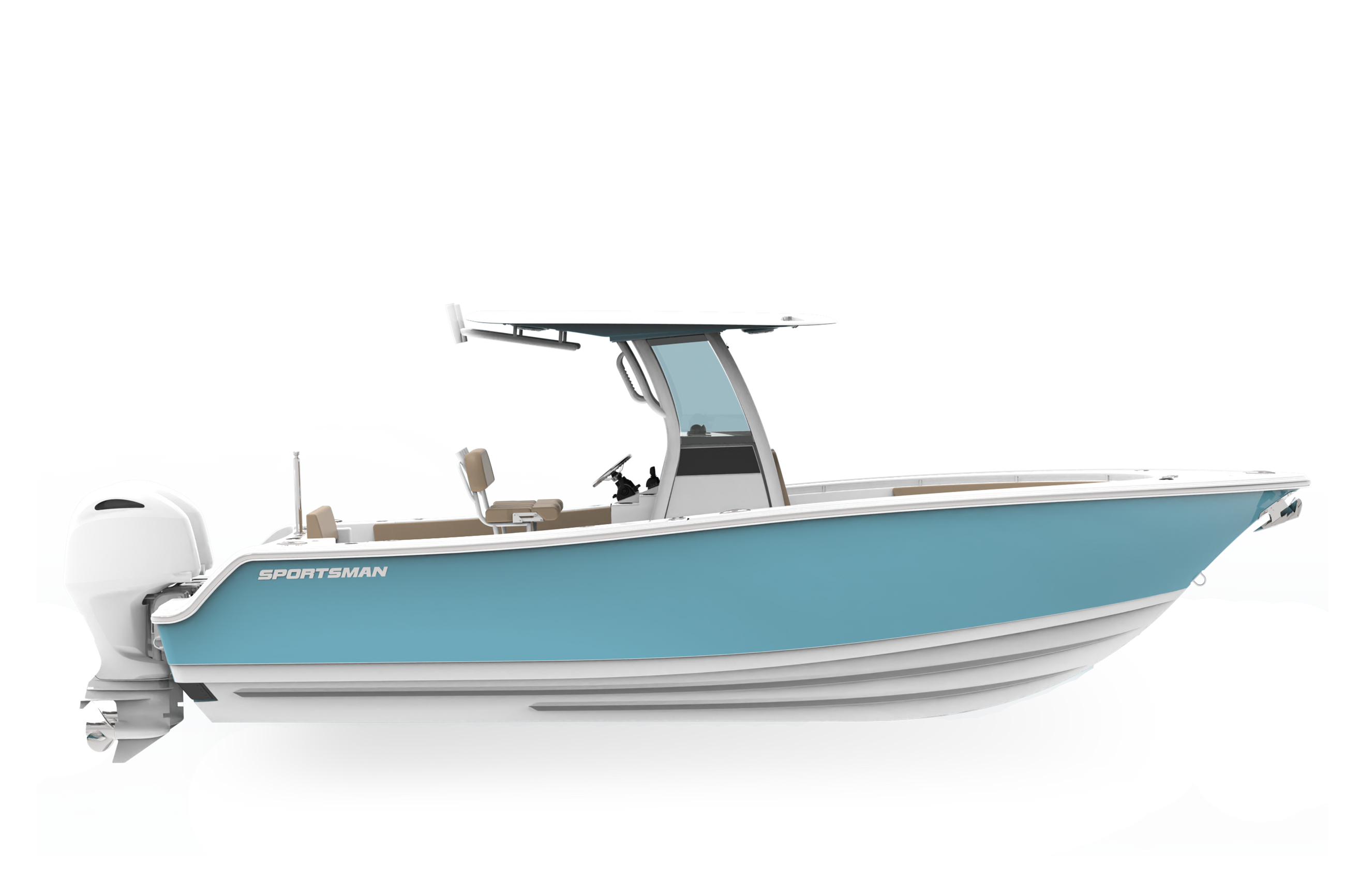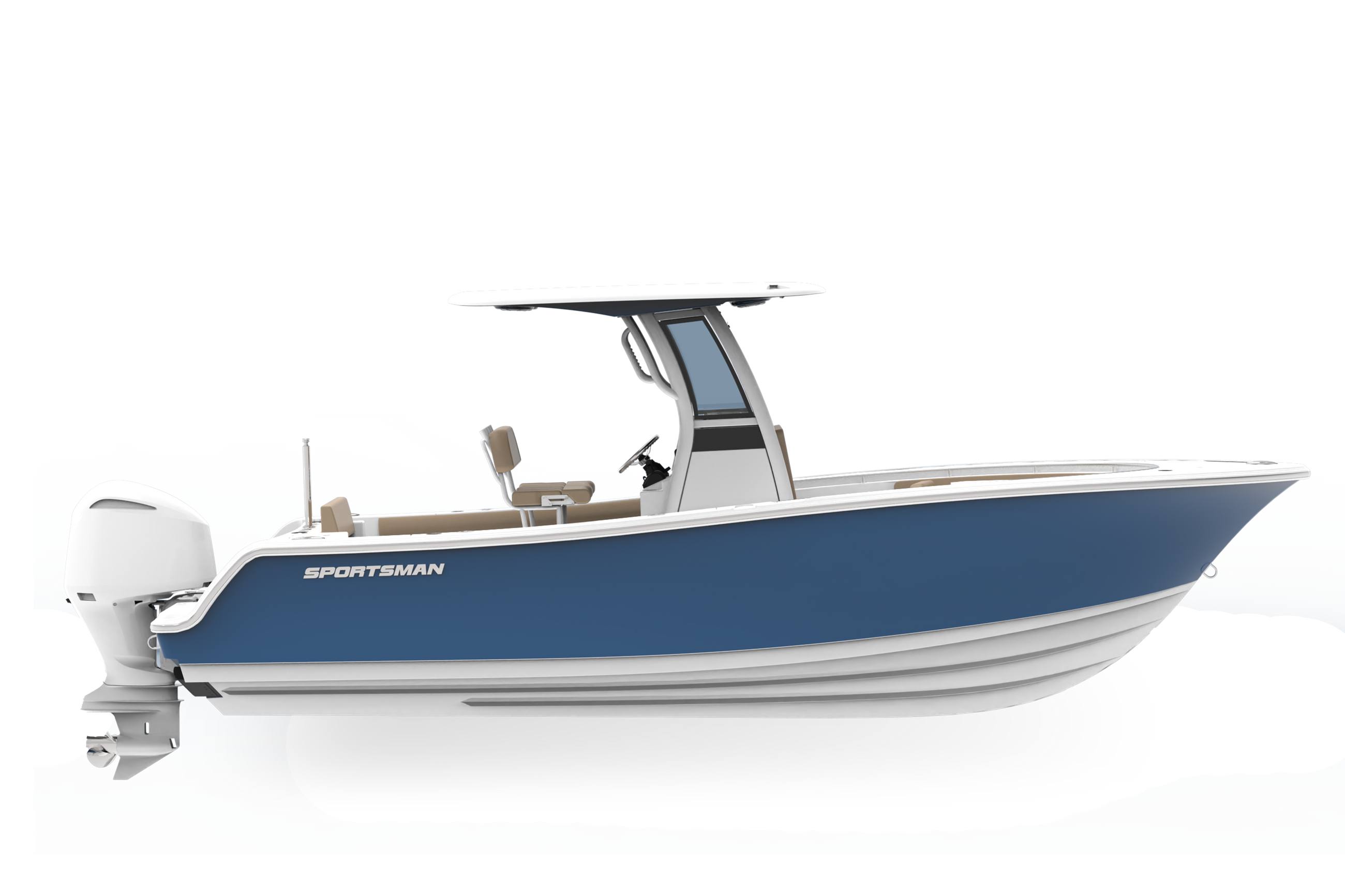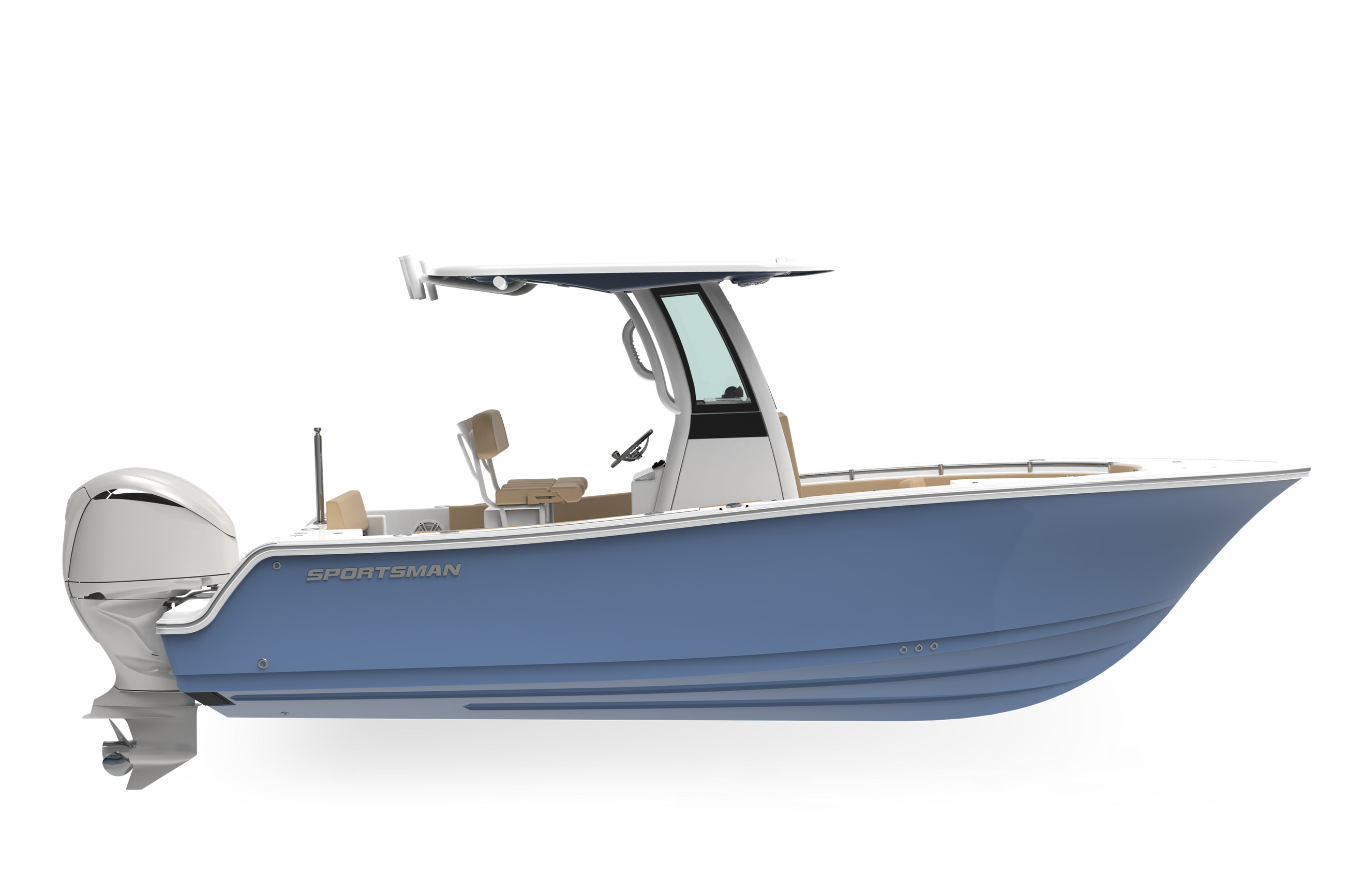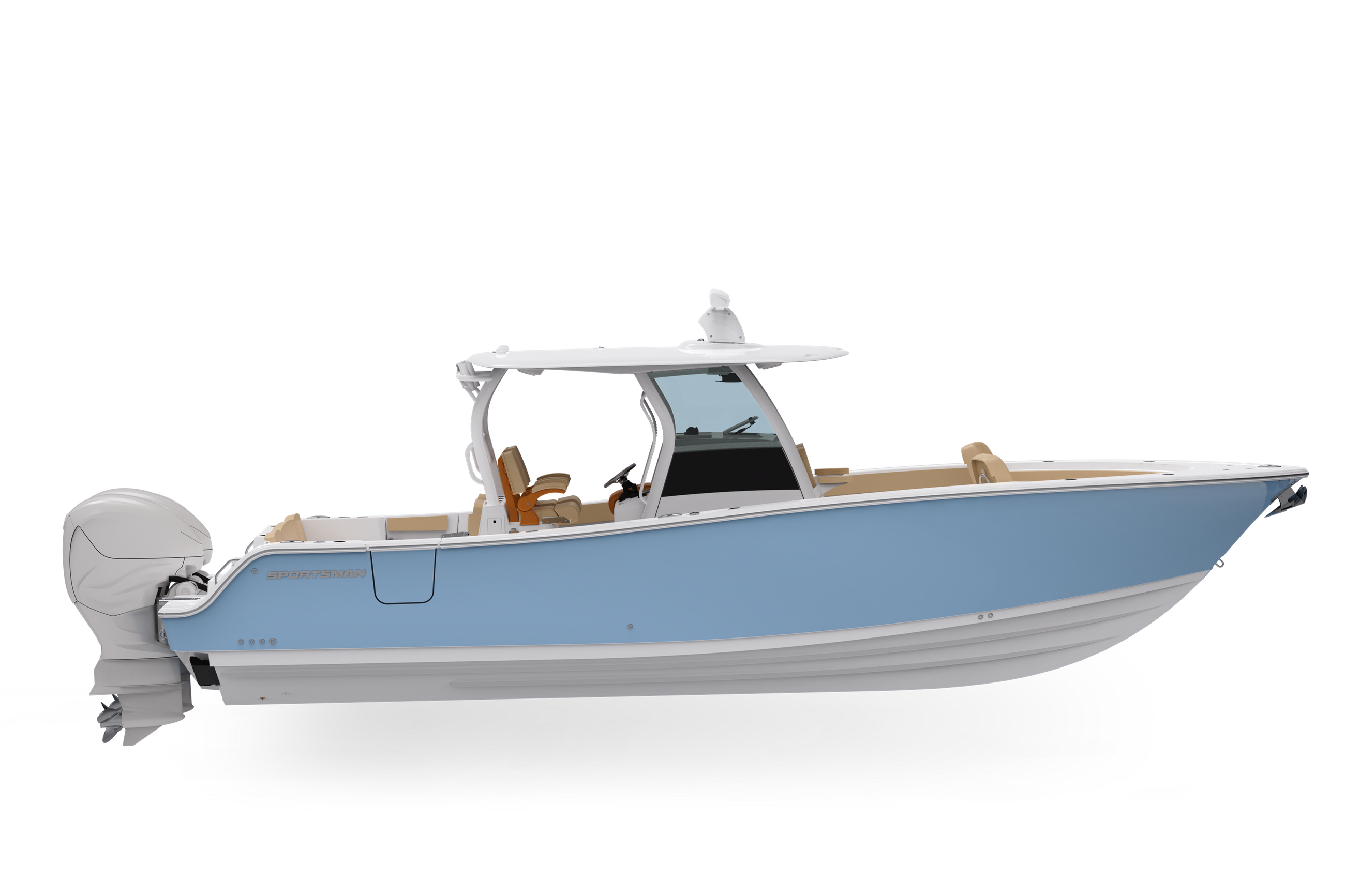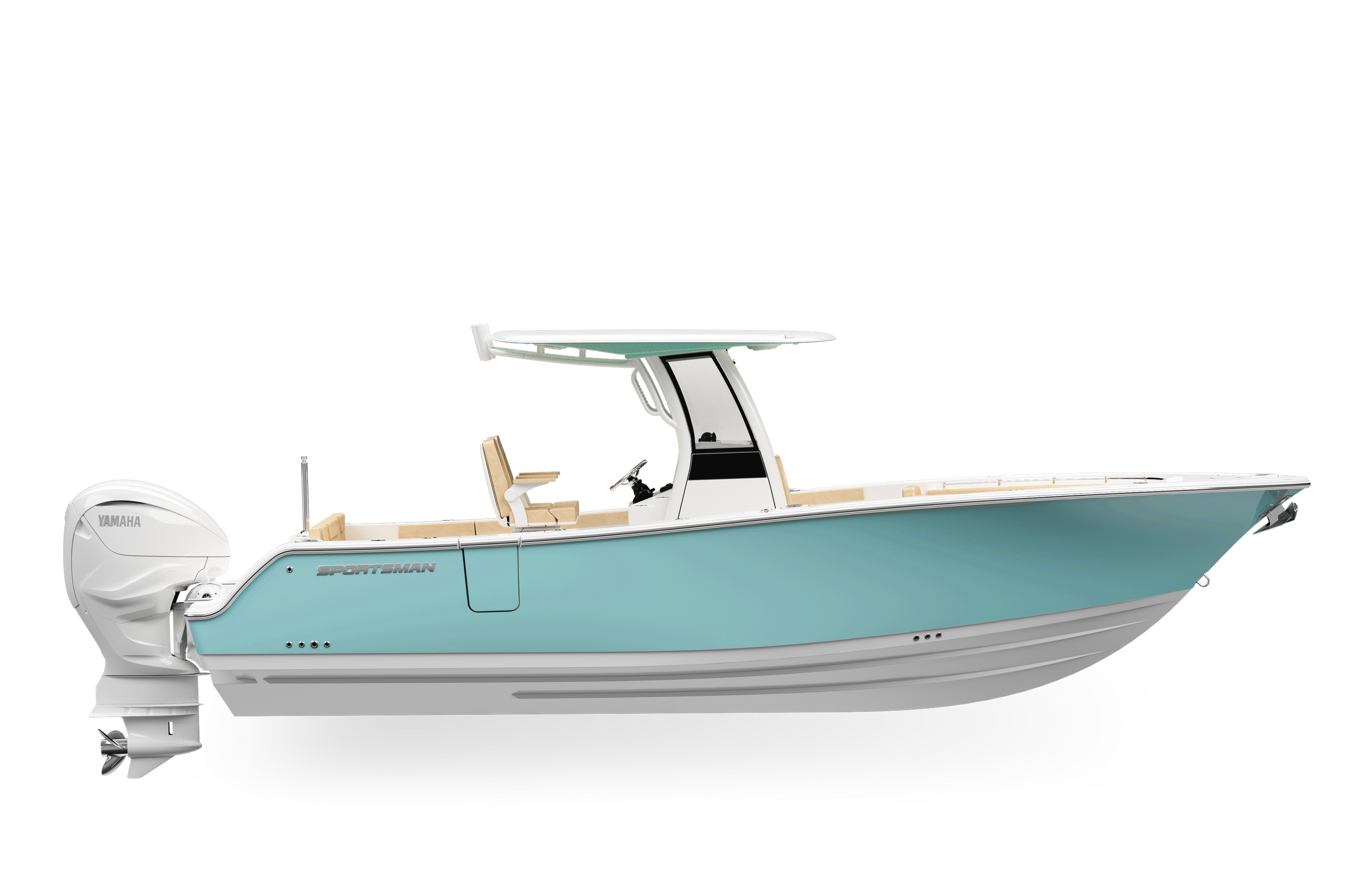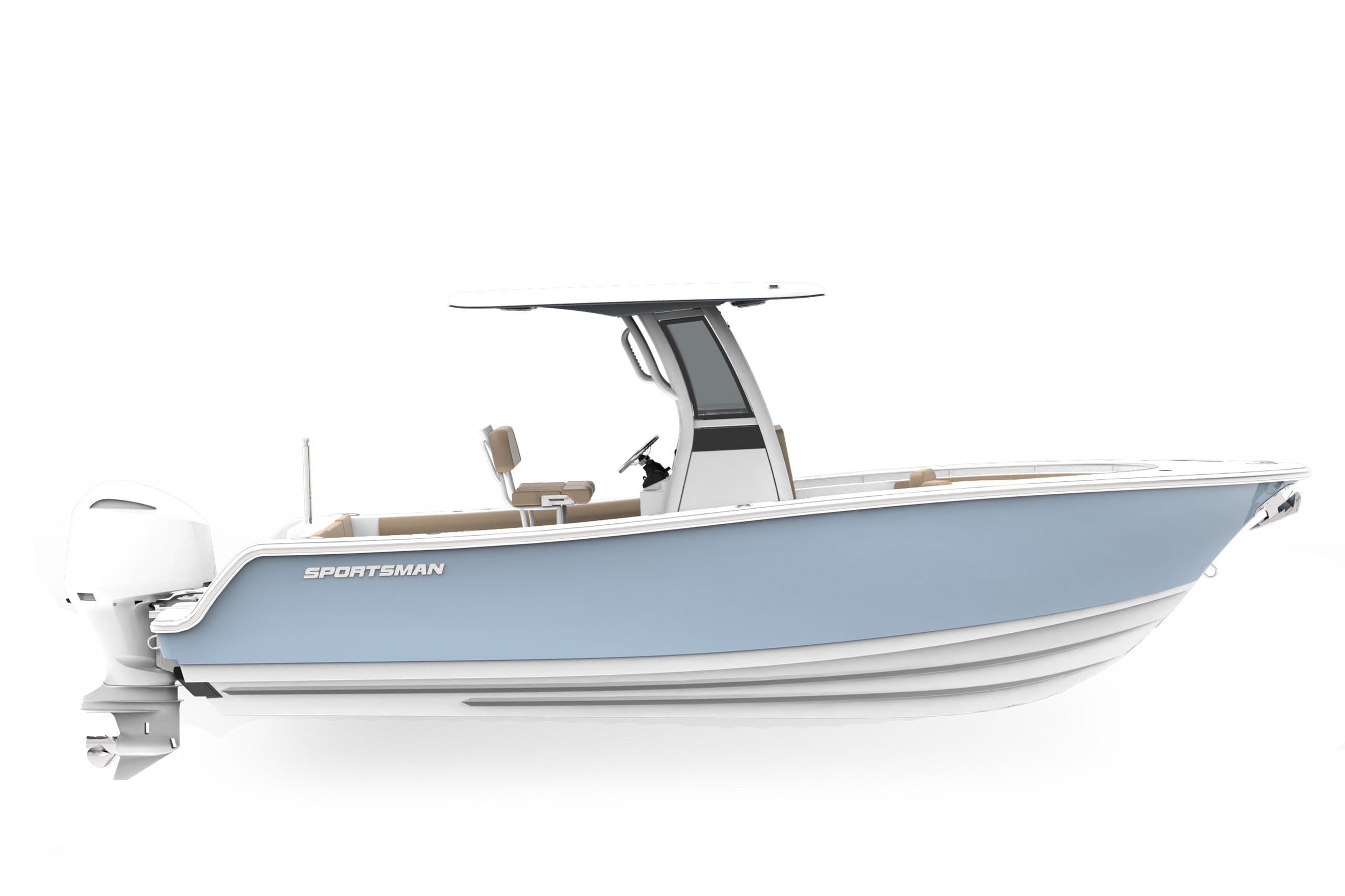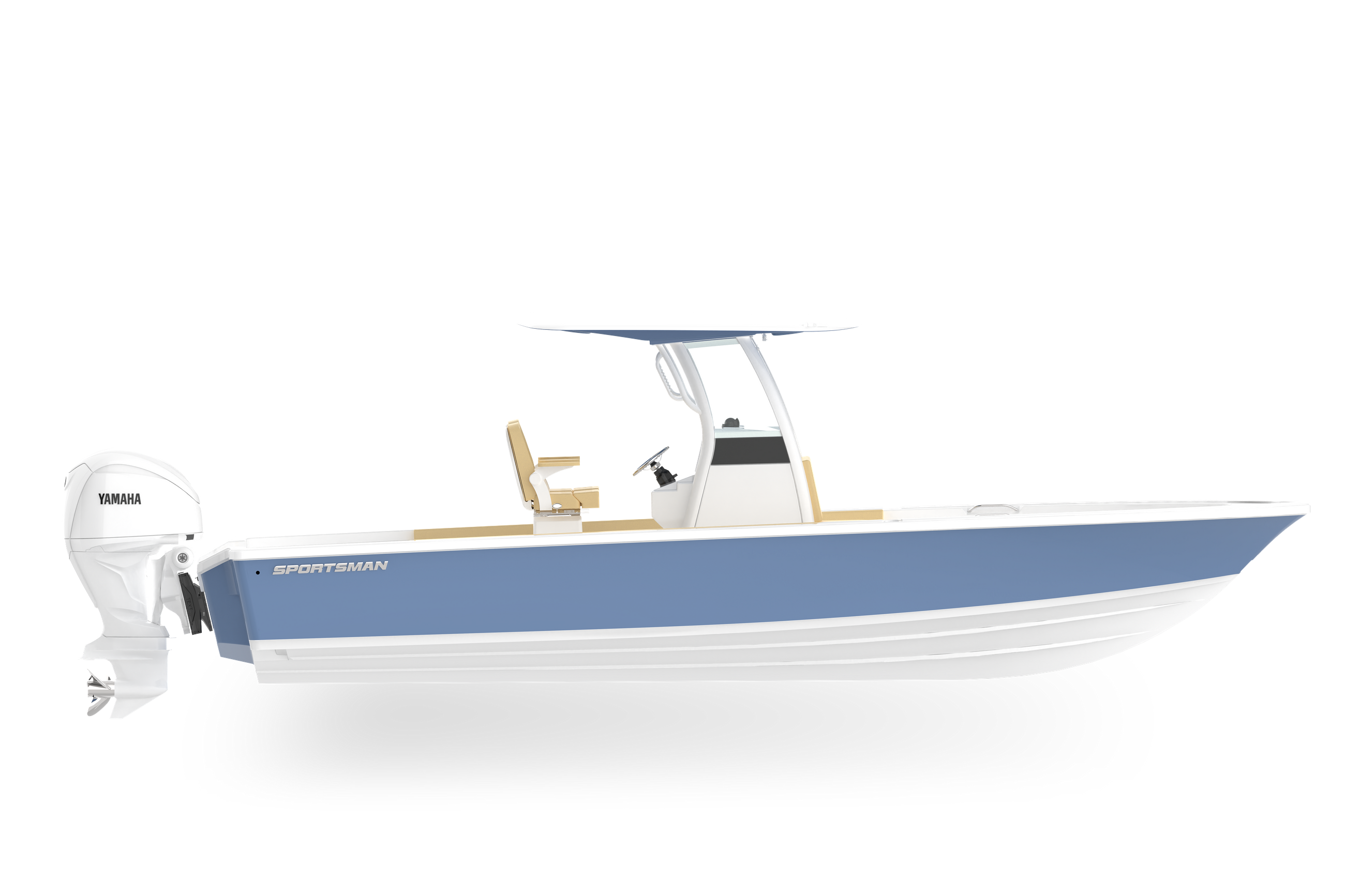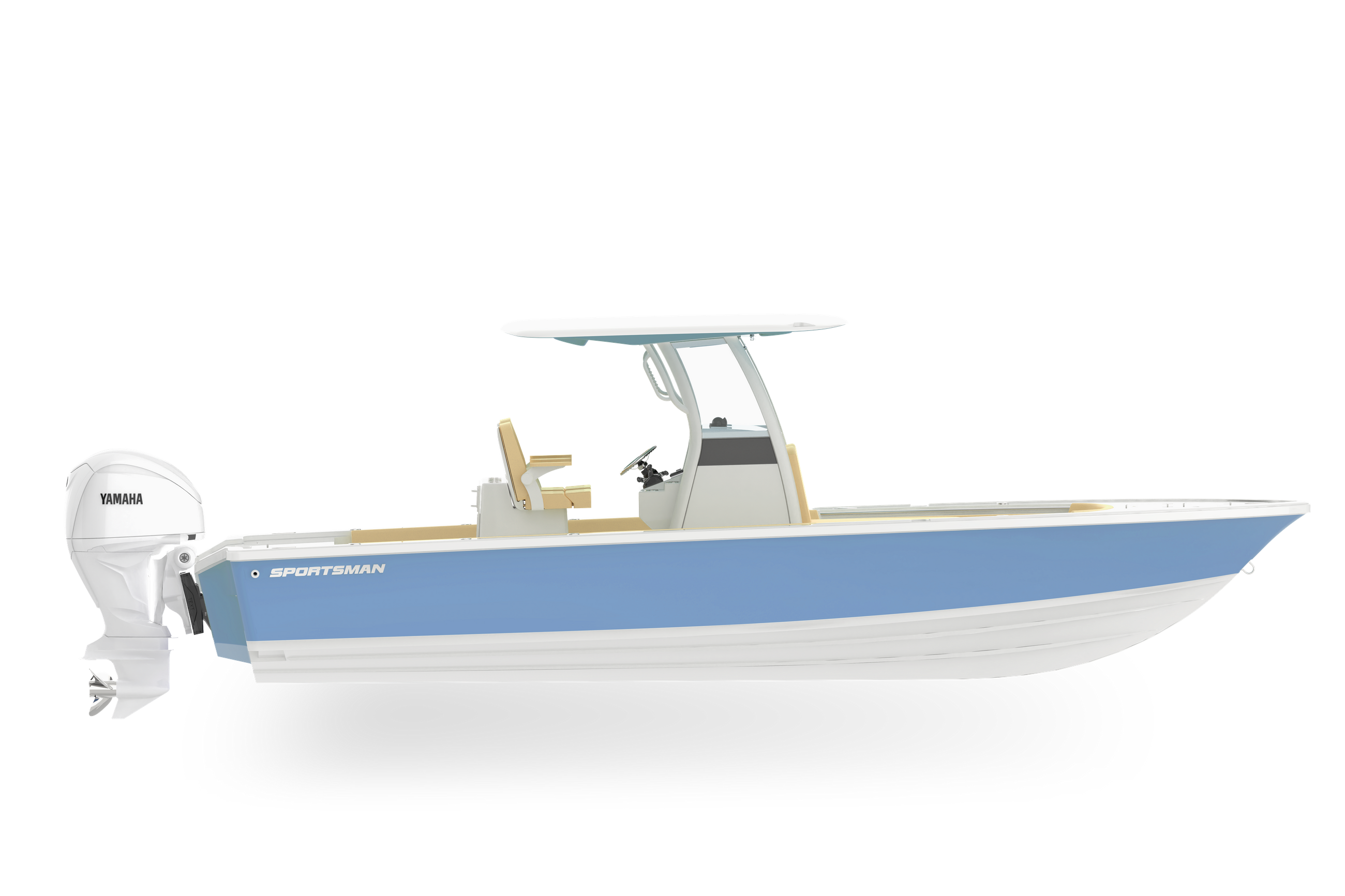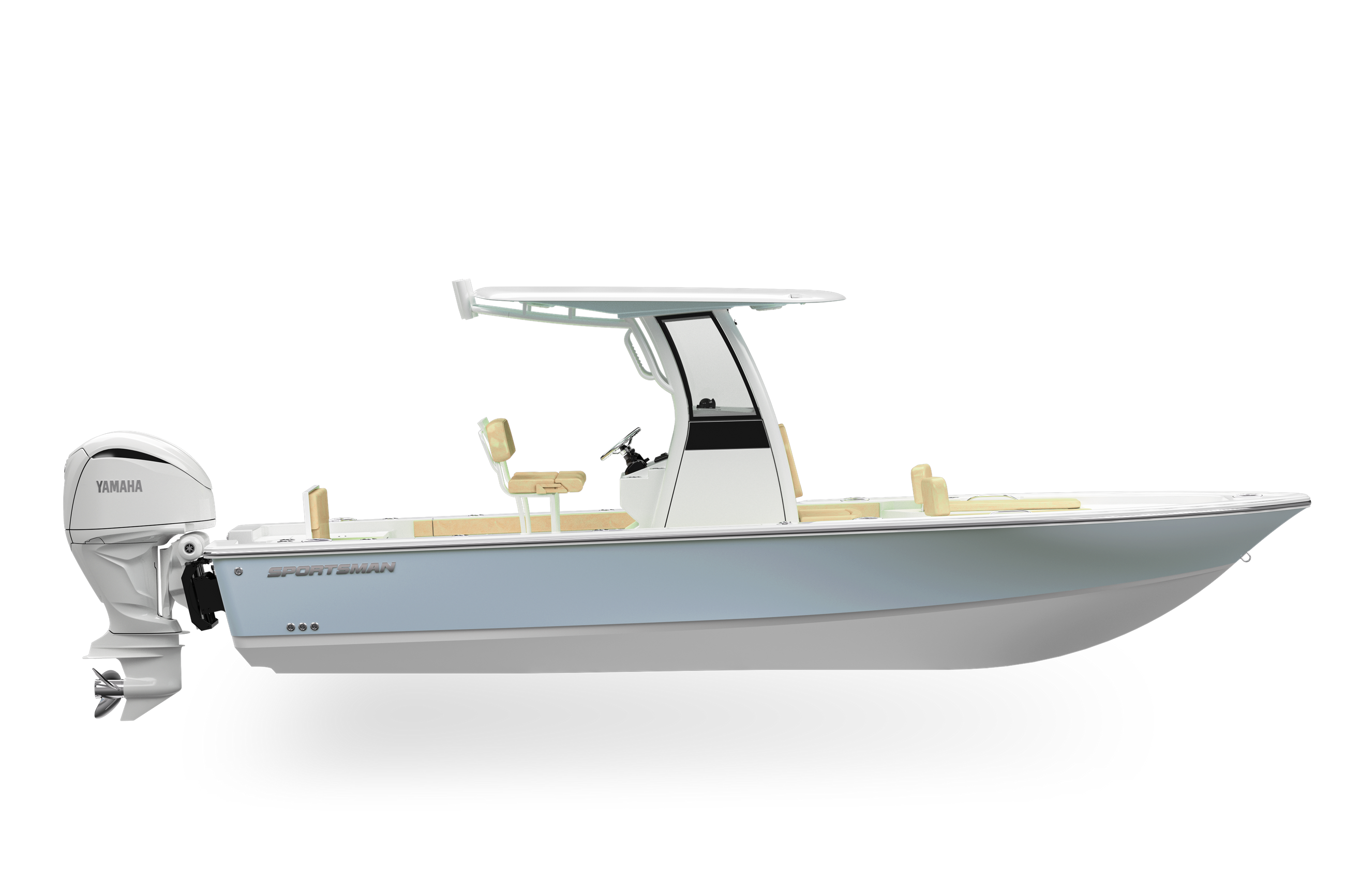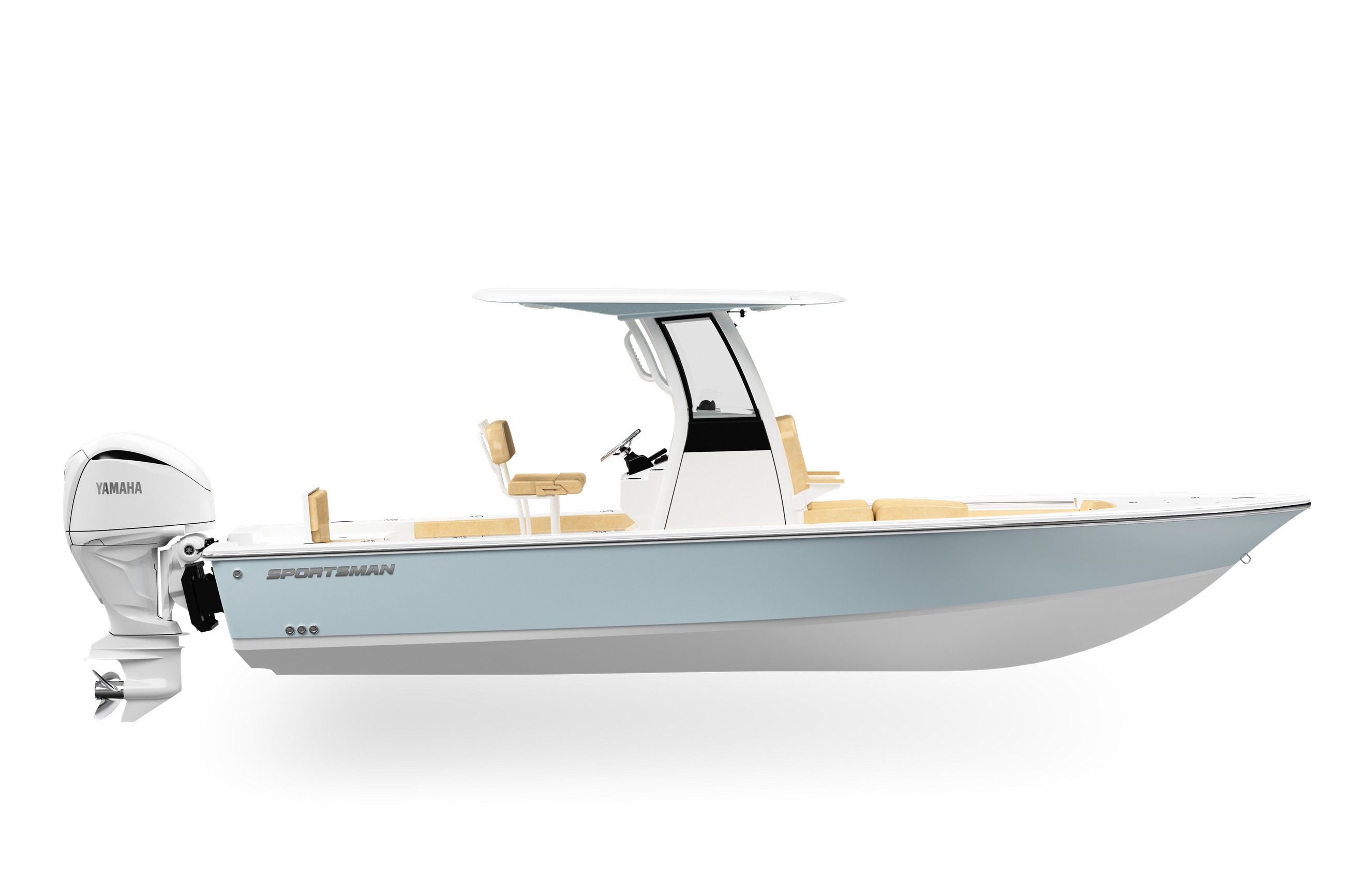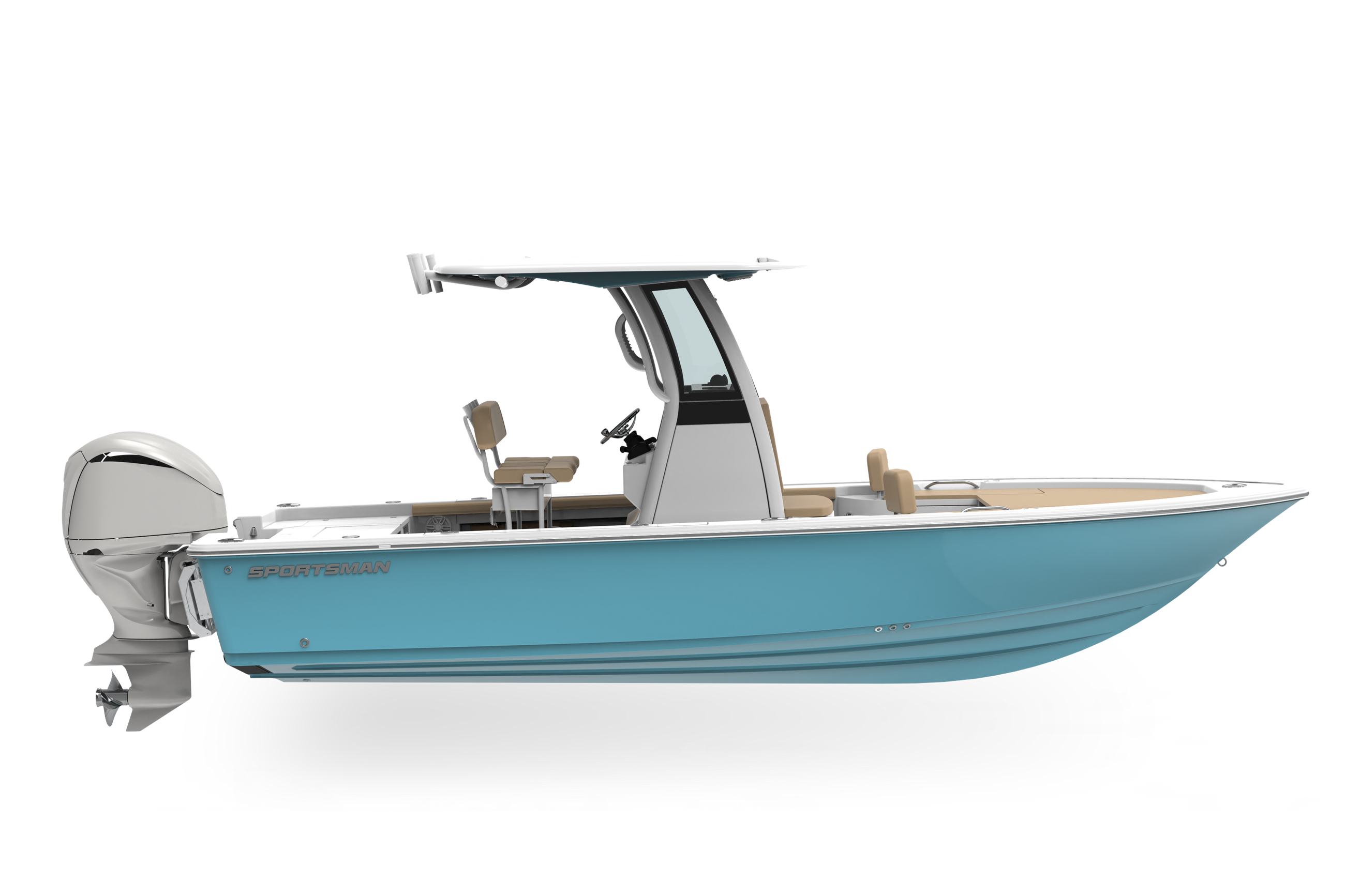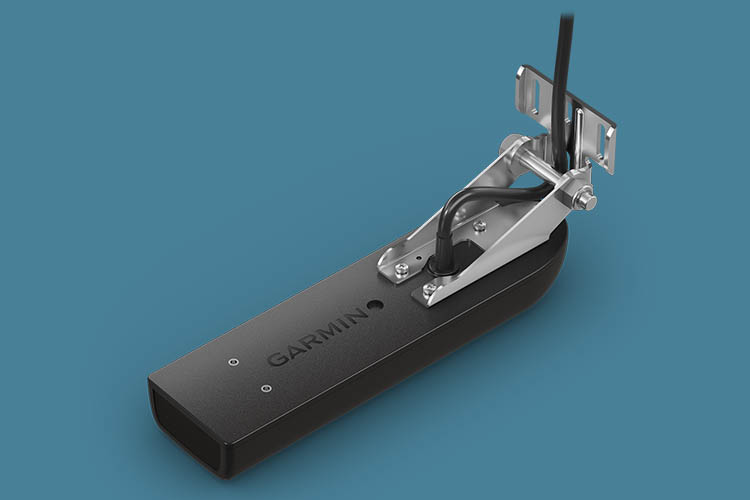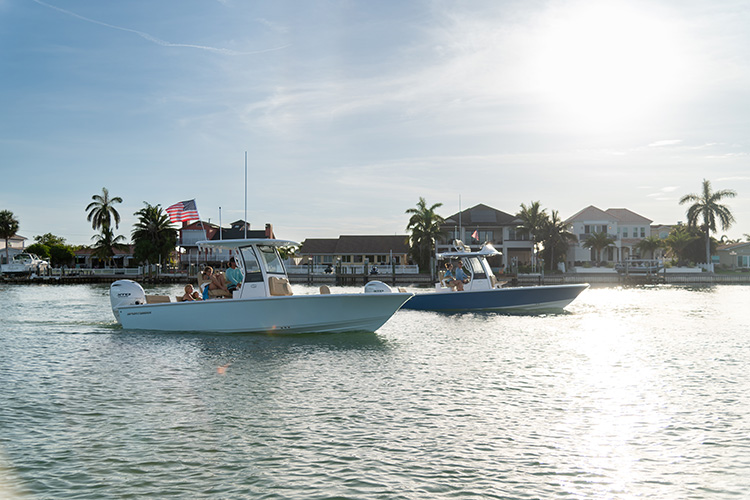Tommy Hancock recently wrote a piece for the Post and Courier a local news publication in the South Carolina lowcountry detailing the proposed NOAA laws regarding Right Whales and why those laws will be devastating to the local economies and risk the safety of recreational boaters.


-
•Economic impact: the rule could hurt South Carolina's coastal recreation economy worth $6.5 billion and 29,000 jobs.
-
•Safety and practicality concerns: the 10 knot limit for vessels 35 feet and larger could increase capsizing risk, hinder maneuverability and reduce visibility in bad weather.
-
•Need for evidence based collaboration: the rule lacks strong scientific backing and there is little history of whale strikes by boats in the 35 to 65 feet range; NOAA should work with the boating and fishing industries to develop targeted protections using technology.
Tommy Hancock, owner and founder of Sportsman Boats, speaks out on the National Oceanic and Atmospheric Administration's (NOAA) proposal to expand a speed limit rule aimed at protecting the endangered North Atlantic right whale. Despite his extensive experience boating and fishing along South Carolina’s coast, Hancock has never seen one of these whales. He supports conservation but argues that NOAA's plan to limit boats 35 feet and over to 10 knots (11 mph) is impractical and dangerous. He highlights several concerns:
1. Economic Impact: South Carolina's coastal recreation economy, valued at $6.5 billion and supporting 29,000 jobs annually, would suffer greatly.
2. Safety Risks: Low-speed limits in the open sea increase the risk of capsizing, limit maneuverability, and reduce visibility, particularly in bad weather.
3. Enforcement Issues: The rule allows for hefty fines based on outdated data, likened to receiving a speeding ticket based on two-year-old GPS data.
4. Lack of Evidence: In over 50 years, only one serious whale strike has been recorded off South Carolina’s coast, none involving boats between 35 and 65 feet. Most fatal strikes involve much larger vessels.
Hancock calls the rule a "blunt instrument" that lacks scientific backing and fails to differentiate between small recreational boats and large ships. He urges NOAA to collaborate with the boating and fishing industries to find technologically advanced solutions for whale protection, emphasizing the need to balance conservation efforts with the economic and safety concerns of coastal communities.
To read the full article from The Post and Courier CLICK HERE.
Related Posts
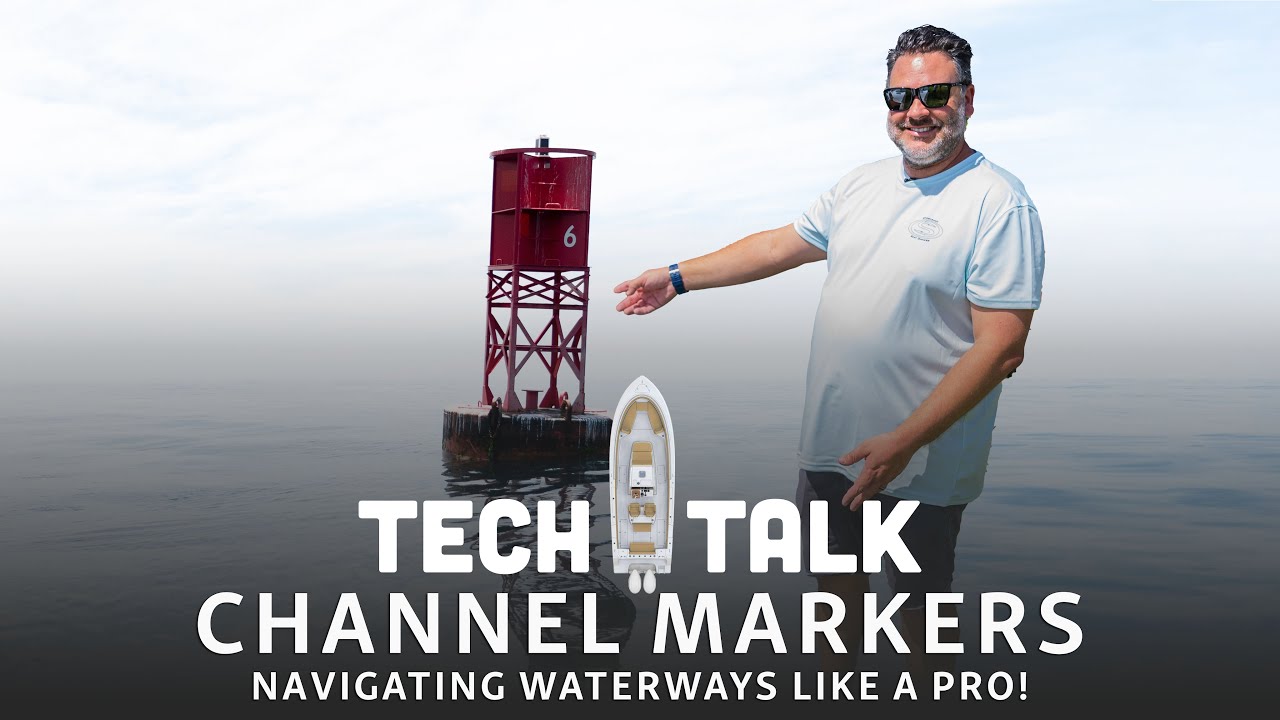
This week on Tech Talk, Aaron is out on the boat and he's sharing some tips on how to navigate the waterways. From channel markers to hailin...
Read More